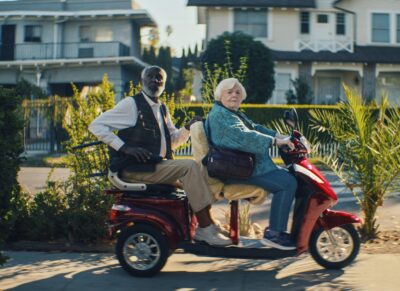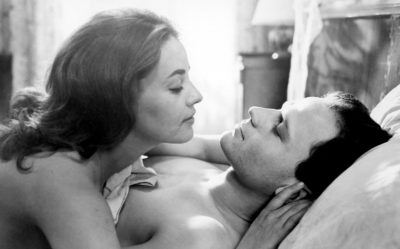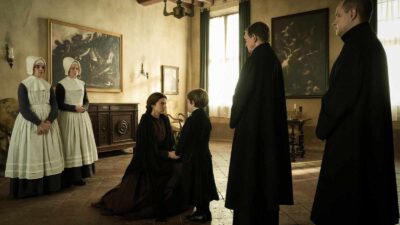Glendale Arts proudly announces the organization’s highly-anticipated Summer Soiree “Under A Thousand Stars” to be held on Saturday, July 27, 2024 from 7:00-10:00 P.M. at ace/121 Gallery. Tickets for the event of the season are now available for purchase here.
Guests are invited to revel in the dazzling beauty of the gallery, transformed into an elegant indoor/outdoor spectacle of art and performance. The inspirational evening will comprise epicurean delights, artful mixology, a silent auction featuring original works of art by emerging and renowned artists from the Los Angeles area and beyond, and a celebratory program highlighting GA’s dynamic programmatic pillars – the Glendale International Film Festival, Solo Fest, and ace/121 Gallery.
A highlight of the event will be the presentation of The Aura, Glendale Arts’ inaugural award honoring luminaries who power the arts. The first-ever recipients of The Aura are Laemmle Theatres Head Greg Laemmle and his wife Tish Laemmle, Art in the Arthouse Curator at the family-run theatres which have brought the best of foreign and independent cinema to Los Angeles for over 85 years. The Laemmles will be honored in recognition of their unparalleled legacy of dedication to independent filmmakers and the art of storytelling on the screen.
Summer Soiree proceeds benefit Glendale Arts, the city’s premier arts non-profit. Funds raised will support GA’s mission to cultivate year-round opportunities for artists and audiences to convene around mutually enriching experiences that promote creativity, foster meaningful connections, and build community through the performing, cinematic, and visual arts mediums.
“We are excited to bring supporters and community, business, and industry leaders together for a night that salutes the transformative power of the arts,” said Glendale Arts Board Chair Marci DeSousa. “The Summer Soiree will not only showcase the heart and soul that drives Glendale Arts’ mission, but will also celebrate what distinguishes GA as a unique non-profit with local roots, regional impact, and a global footprint.”



